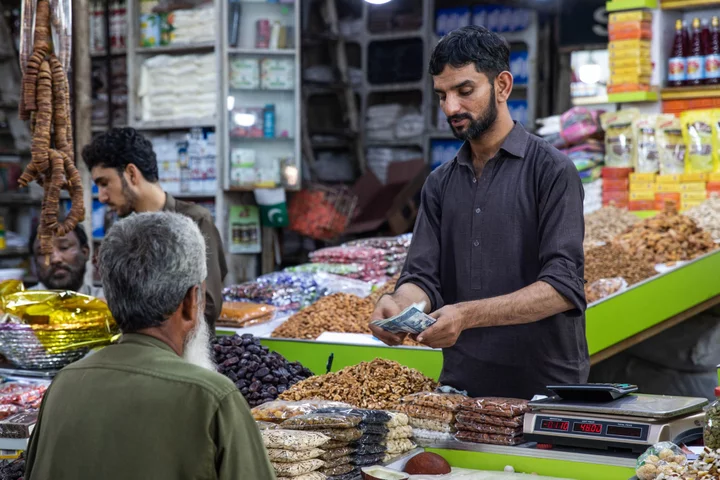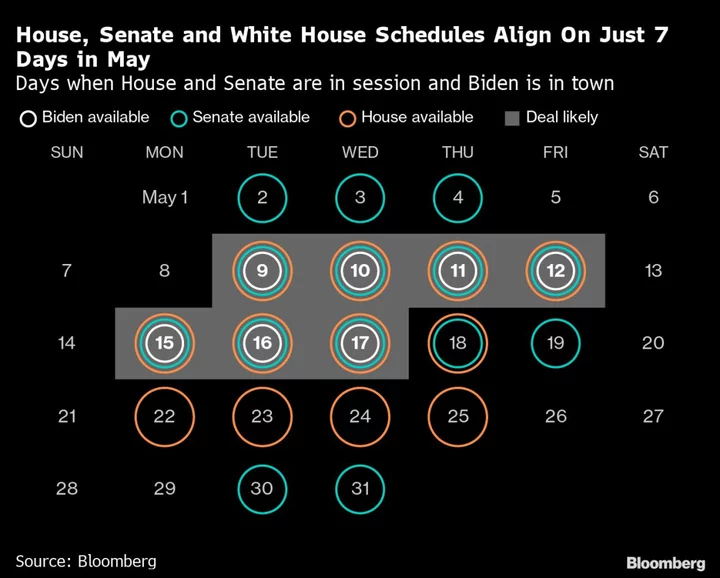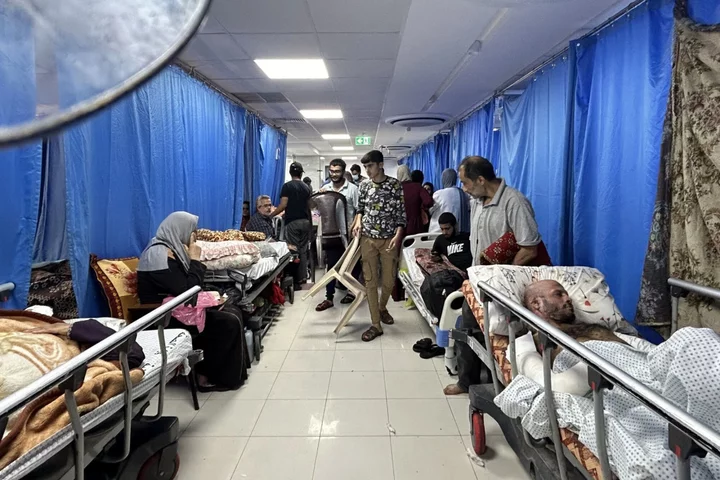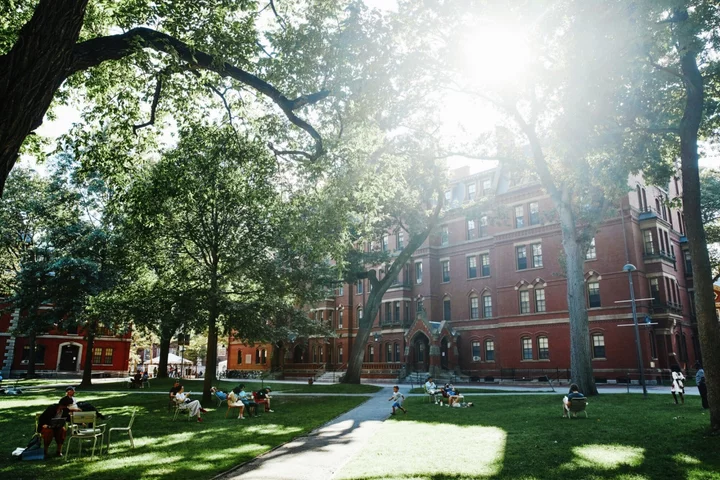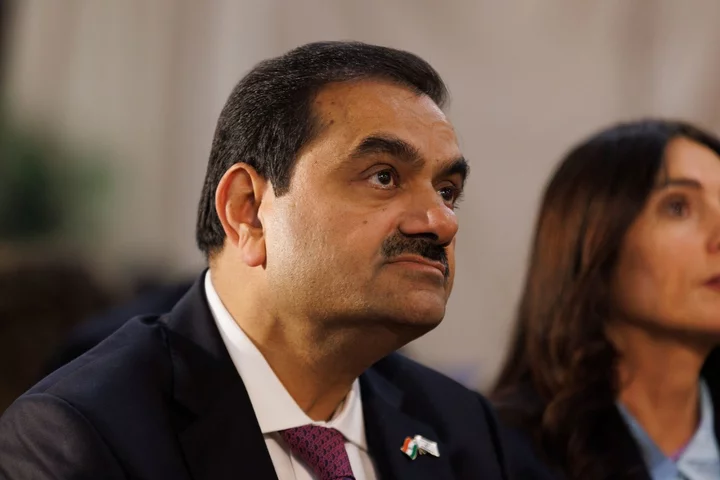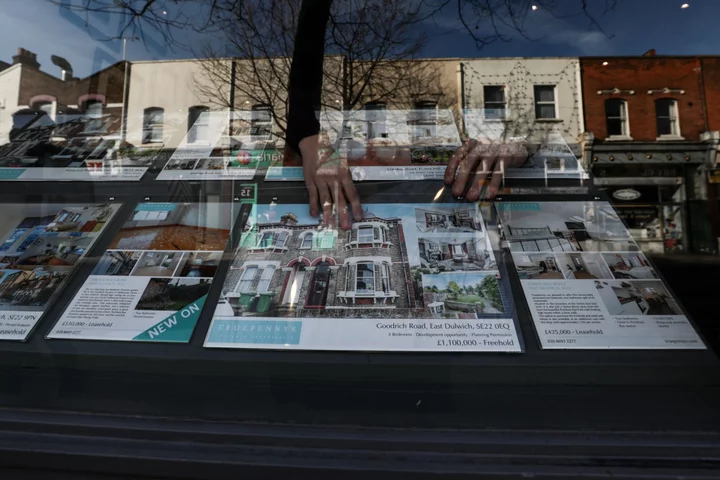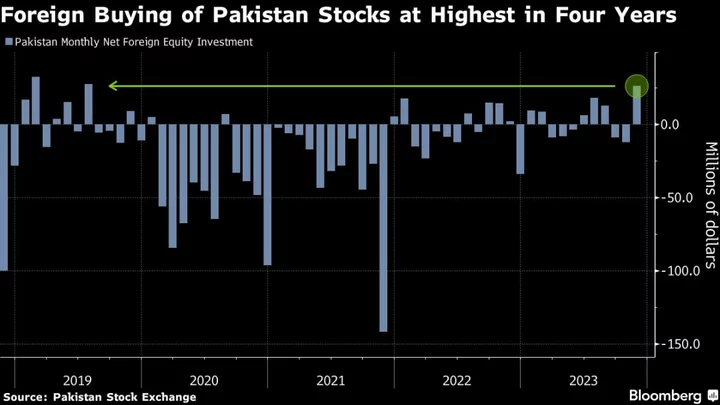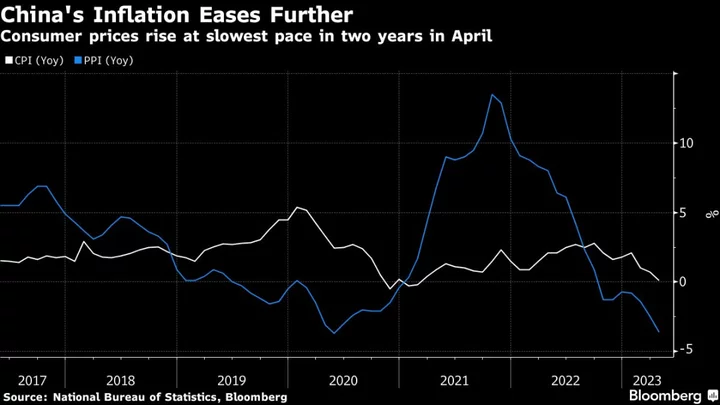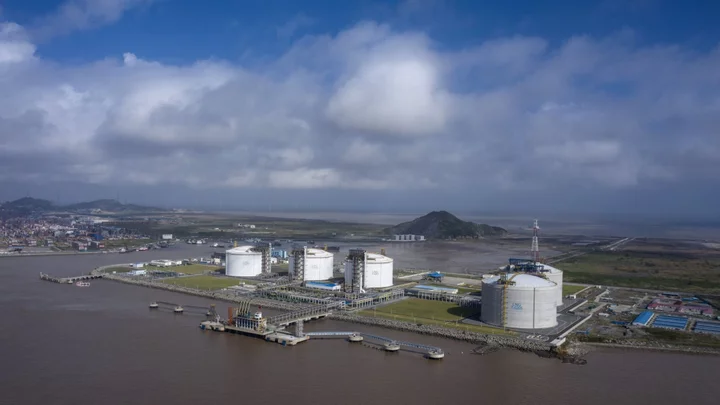Pakistan’s inflation eased in June for the first time in seven months as record borrowing costs dampened demand and lower commodity prices slowed price-gains.
Consumer prices rose 29.40% in June from a year earlier, according to data released by the Pakistan Bureau of Statistics Monday. That compares with a median estimate for a 30.8% gain in a Bloomberg survey and a record 37.97% increase in May.
The latest print comes after the government slashed fuel prices in the past two months and the nation’s central bank unexpectedly raised its benchmark rate to a record high of 22% to tame inflationary risks arising from tax hikes and lifting of import restrictions.
Last week, Pakistan clinched a last-minute nod from the International Monetary Fund for a $3 billion loan program after authorities completed key prescriptions to win the lenders approval. The funds will avert a default, ease shortages and provide some relief until elections.
Transport prices climbed 20.30% while food inflation rose 39.5% in June from a year earlier, the data showed. Clothing and footwear prices gained 20.96% and housing, water and electricity costs rose 11.64%.
Asia’s fastest inflation has been a concern for Prime Minister Shehbaz Sharif’s coalition government that will face the ballot in October this year. Pakistan’s inflation has consistently been over 20% in the last few months. Authorities expect price gains to trend lower to the medium-term target range of 5%-7% by the end of fiscal year 2024-25 amid elevated rates and funds from the IMF.
(Updates with more details)

